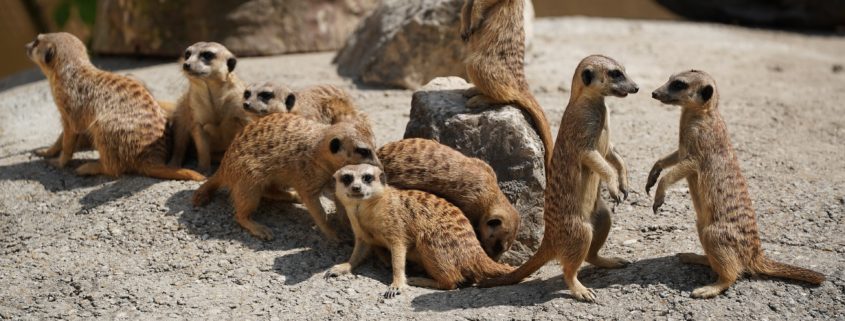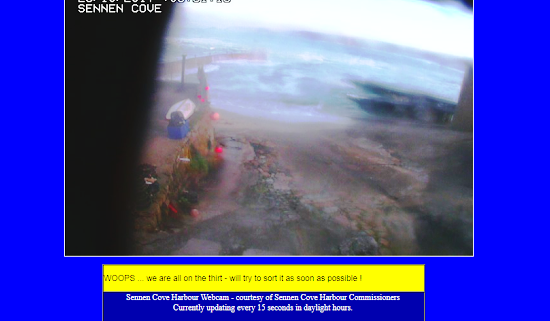Simples – how a Russian rat hacked the OED with western ads
Or how to buy a place in the good book – a report from TastyWebDesign.com

The Oxford English Dictionary has recognised a new phrase imported into English from English by an animated cartoon character who appears to be a wealthy Russian rodent trading in insurance protection, though a meerkat is in reality a mongoose and eats rodents. Simples? What does that mean? You might ask that if you don’t watch UK commercial television, and even then you might not know that it took expenditure of over £90,000,000 to get this word into the OED.Continue reading full article…



